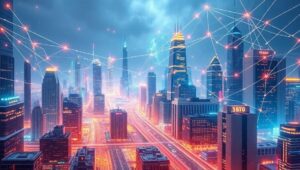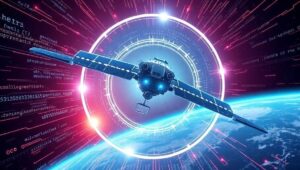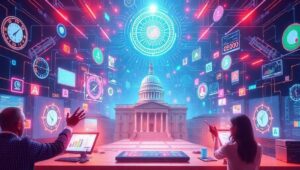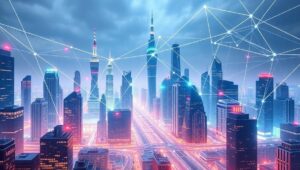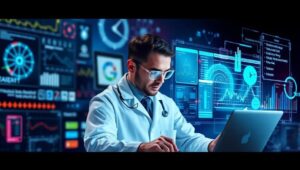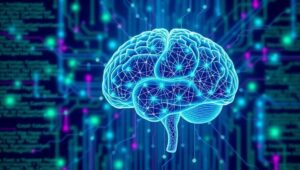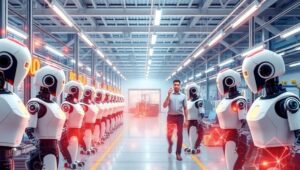June 3, 2025
The Unforeseen Consequences of Massive IoT Deployment (2027)
The Unforeseen Consequences of Massive IoT Deployment (2027) The year is 2027. The Internet of Things (IoT) has permeated every facet of our lives. From smart homes that anticipate our needs to smart cities optimizing traffic flow, the promise of a seamlessly connected world has largely been realized. However, this pervasive connectivity has also ushered in a wave of unforeseen consequences, challenging our understanding of security, privacy, and societal well-being. Security Vulnerabilities: A Hacker’s Paradise The exponential growth of IoT devices has created a significantly larger attack surface for malicious actors. Unlike traditional computers, many IoT devices lack robust security


